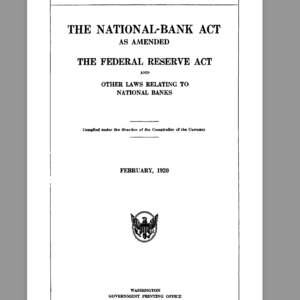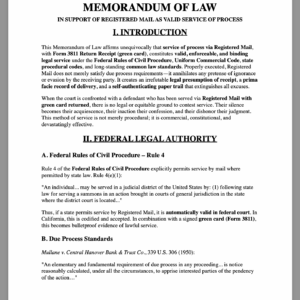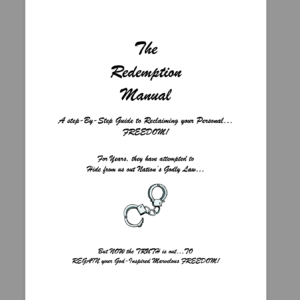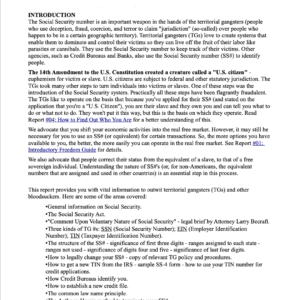Black’s Law Dictionary 1st Edition, page 1134:
SUFFER. To suffer an act to be done, by a person who can prevent it, is to permit or consent to it; to approve of it, and not to hinder it It implies a willingness of the mind. l~ Conn. 505; 17 Blatchf. 330.
Black’s Law Dictionary 2nd Edition, page 1120:
SUFFER. To suffer an act to be done, by a. person who can prevent it, is to permit or consent to it ; to approve of it, and not to hinder it. It implies a willingness of the mind. See In re Rome Planing Mill (C. C.) 96 Fed. 815; Wilson v. Nelson, 183 U. S. 191, 22 Sup. Ct. 74, 46 L. Ed. 147 ; Selleck v. Selleck, 19 Conn.. 505 ; Gregory v. U. S., 10 Fed. Gas. llQ.7 ; III re Thomas (D. C.) 103 Fed. 274.
Black’s Law Dictionary 3rd Edition, page 1675:
SUFFER. To suffer an act to be done, by a. person who can prevent it, is to permit or consent to it ; to approve of it, and not to hinder it. It implies a willingness of the mind. See In re Rome Planing Mill (C. C.) 96 Fed. 815; Wilson v. Nelson, 183 U. S. 191, 22 Sup. Ct. 74, 46 L. Ed. 147 ; Selleck v. Selleck, 19 Conn.. 505 ; Gregory v. U. S., 10 Fed. Gas. llQ.7 ; III re Thomas (D. C.) 103 Fed. 274. Block v. Citizerns’ Trust & Savings Bank, 57 Cal. App. 518, 207 P. 510, 513; Clover Creamery Co. v. Kanaode, 142 Va. 542, 129 S. E. 222, 223; Allison v. Commonwealth, 221 Ky. 205, 298 S. W. 680.
Black’s Law Dictionary 4th Edition, page 1601:
SUFFER. To allow, to admit, or to permit. Gregory v. Marks, C.C.I1l., Fed.Cas.No.5,802; 10 Fed.Cas. 1194, 1198; Osborne v. Winter, 133 Cal. App. 664, 24 P.2d 892. It includes knowledge of what is to be done under sufferance. First Nat. Bank & Trust Co. of Port Chester v. New York Title Ins. Co., 171 Misc. 854, 12 N.Y.S.2d 703, 709.
Also to have the feeling or sensation that arises from the action of something painful, distressing or the like; to feel or endure pain; to endure or undergo without sinking; to support; to bear up under; to be affected by; to sustain; to experi- ence; to feel pain, physical or mental. The cus- tomary use of the word indicates some experience of conscious pain. New York Life Ins. Co. v. Cal- houn, C.C.A.Mo., 97 F.2d 896, 898.
To suffer an act to be done or a condition to exist is to permit or consent to it; to approve of it, and not to hinder it. It implies knowledge, a willingness of the mind and responsible control or ability to prevent. Wilspn v. Nel- son, 183 U.S. 191, 22 S.Ct. 74, 46 L.Ed. 147; Selleck v. Sel- leek, 19 Conn. 505; Gregory v. U. S., C.C.N.Y., Fed.Cas. No.5,803; 10 Fed.Cas. 1197; In re Thomas, D.C.Pa., 103 F. 272, 274; Allison v. Commonwealth, 221 Ky. 205, 298 S.W. 680.












Recent Comments